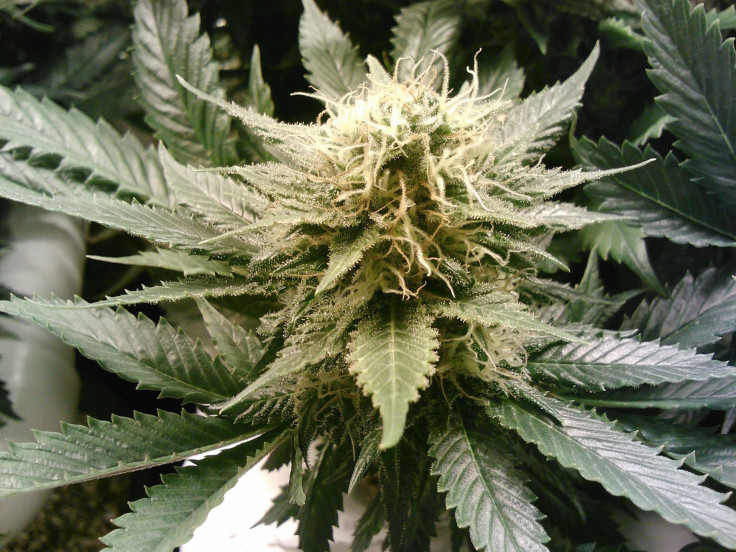Smoking Weed While Pregnant Linked To Low Birth Weight, Stays In Intensive Care

As cannabis use increases across the country, so does the concern over how the drug affects different body systems and organs. Marijuana use during pregnancy is already a hot topic, but a new article may have just added evidence to the research suggesting expecting mothers should steer clear of the green stuff.
Marijuana use during pregnancy is associated with low birth rate and the need for intensive care, according to an analysis published in BMJ Open. Researchers scoured seven databases for studies detailing the effects of cannabis use during pregnancy on both mother and baby, and discovered several worrisome links. Mothers-to-be that used cannabis were 36 percent more likely to have anemia than women who didn’t use the substance, and infants exposed to cannabis in utero were 77 percent more likely to be underweight at birth. The babies were also twice as likely to require intensive care as those whose moms didn’t use marijuana during pregnancy.
This information comes not long after recent research has pointed at cannabis for potentially increasing the risk of psychosis, traffic accidents, hepatitis, HIB, and TB. The substance “remains the drug of choice in developed and developing countries,” the researchers pointed out, since up to 5 percent of 15- to 64-year-olds use it worldwide.
Some mothers swear the plant helped them through pregnancy troubles like morning sickness. Previous studies on cannabis use during pregnancy, however, prompted The American Medical Association to suggest warning labels for medical and recreational pot to ward off potential mothers. The proposal is still awaiting feedback.
The latest research drew from 24 different studies, some of which were observational. This made it difficult for researchers to draw solid conclusions about cause and effect, since there was some missing data on whether the mothers had used other illicit drugs or consumed alcohol during their pregnancies — two factors known to contribute to premature birth and low birth weight.
However, the authors concluded that “there does appear to be negative consequences associated with in utero exposure to cannabis.”
The study notes that understanding marijuana’s effects on maternal and fetal health should be a “global priority,” considering the drug is rapidly becoming more accessible and accepted. They suggested that women and their doctors could use more information on possible harms to plan safe pregnancies.
Source: Gunn J, Rosales, Center K, Nunez A, Gibson S, Christ C, Ehiri J. Prenatal exposure to cannabis and maternal and child health outcomes: a systematic review and meta-analysis. BMJ Open. 2016.



























